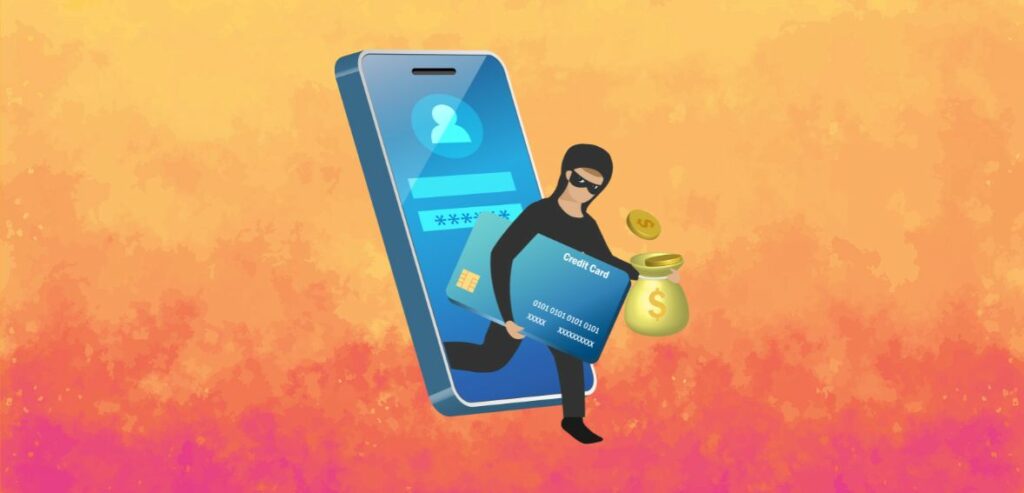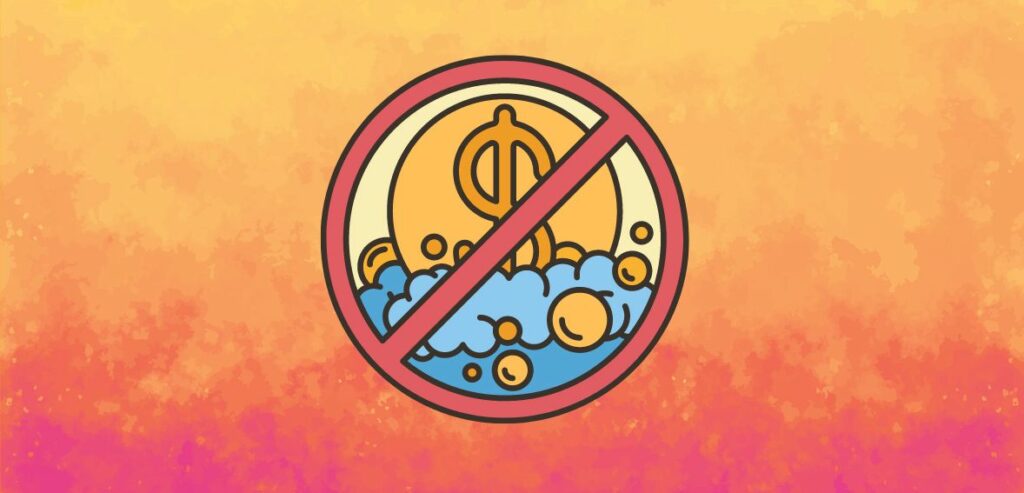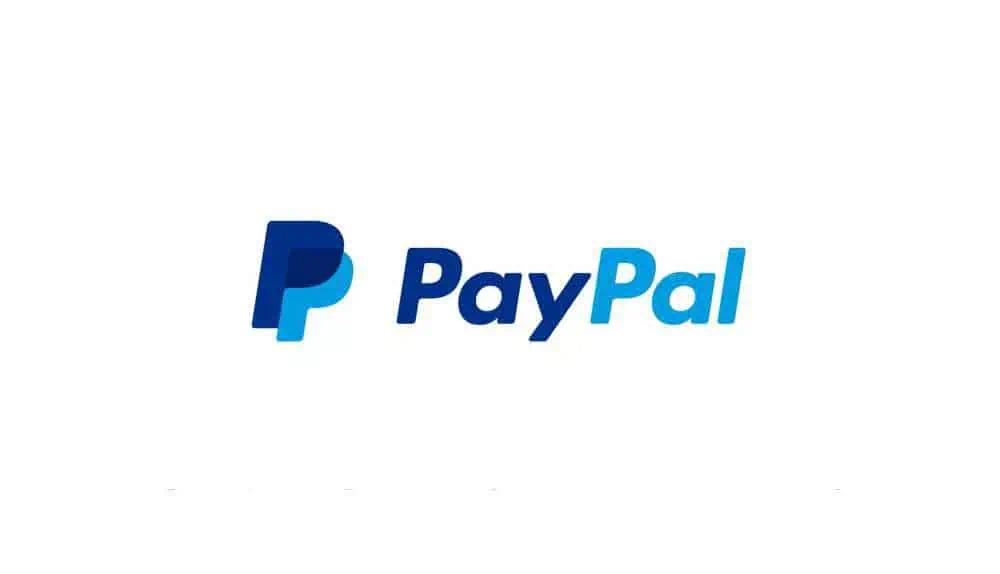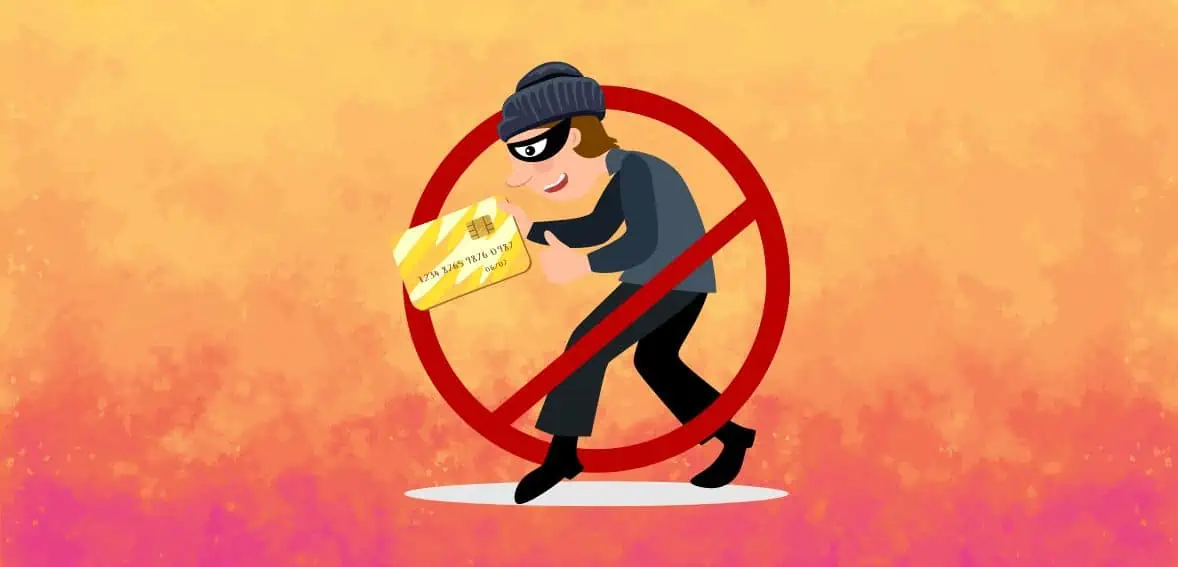Merchants often face chargeback challenges, especially when customers dispute transactions or claim items weren’t delivered. This situation can strain a business’s resources and impact its revenue. Merchants might feel vulnerable to these chargeback issues without the right tools and data. Making matters more complex, incorrect fraud prevention strategies can lead to significant financial losses and damage a business’s reputation. Recognizing this challenge, PayPal is taking steps against chargeback fraud.
PayPal has informed its users and sellers about upcoming changes to its terms of service aimed at better protecting against chargeback fraud. Specifically, PayPal has warned sellers that they risk having payments reversed if they don’t promptly and accurately respond to customer claims or chargebacks. Additionally, PayPal is eliminating the option for buyers to claim items not received for chargeback disputes related to credit card purchases. These changes indicate PayPal’s commitment to enhancing security and reducing fraudulent chargebacks for its users.
Key Takeaways:
- Policy Updates: Effective January 16, 2024, PayPal is refining its Seller Protection policy. The key change excludes seller coverage against Item Not Received claims from credit card chargebacks. This shift is part of PayPal’s strategy to manage financial risks and reduce liabilities.
- Impact on Sellers: The revised policy means sellers using PayPal may face increased vulnerability to financial losses from chargebacks. While protection against unauthorized transactions remains intact, eliminating coverage for certain Item Not Received claims requires sellers to be more vigilant and proactive in their transaction management.
- Fraud Prevention Challenges: Friendly fraud, where buyers deceitfully dispute genuine transactions, has increased. PayPal’s adjustments come as a response to the surge in payment fraud since 2019, further intensified during the COVID-19 pandemic. The changes reflect PayPal’s commitment to enhancing security measures and reducing fraudulent activities within its platform.
- Merchant Precautions: To mitigate the risks associated with friendly fraud and chargebacks, merchants are advised to adopt a series of best practices. These include maintaining comprehensive transaction records, leveraging PayPal’s seller protection features like QR codes for in-store payments, adhering to shipping guidelines, and promptly responding to PayPal’s communications regarding disputes. By implementing these measures, merchants can enhance their defense against potential financial setbacks and protect their business reputation.
PayPal Is Taking Steps Against Chargeback Fraud: PayPal UpdateS Seller Protection Policy

Effective January 16, 2024, PayPal is updating its Seller Protection policy, no longer offering coverage for sellers when buyers claim Item Not Received through credit card chargebacks. Previously, sellers were shielded from such cases if the transaction met specific criteria.
Under the current policy, PayPal’s Seller Protection could come into play when a buyer alleges an “Unauthorized Transaction” or “Item Not Received.” However, for the latter, sellers must ensure the transaction is marked as “eligible” on the Transaction Details page to qualify for protection.
The revised policy protects unauthorized transactions but excludes Item Not Received claims resulting from chargebacks on card-funded transactions. This change could expose sellers to financial risks from chargebacks they were previously safeguarded against.
This adjustment is part of PayPal’s ongoing efforts to manage costs and reduce liabilities. Notably, last year, PayPal’s decision to end the Return Shipping On Us program just before Black Friday drew criticism from buyers.
PayPal, based in San Jose, California, is revising its policies in response to the surge in payment fraud since 2019, particularly intensified during the COVID-19 pandemic in 2020, which saw a significant uptick in online orders. Notably, there has been a rise in chargeback fraud, where individuals deceitfully purchase items and then seek refunds under false duplicities.
This type of fraud is, most of the time, friendly fraud. Friendly fraud can be referred to as frauds that are unorganized or unplanned. In such cases, perpetrators make a genuine purchase using a credit or debit card, only to dispute the transaction afterward, aiming to secure a refund despite having already received the goods or services, the reason can be anything whether the customer doesn’t like the product or just thinks it is not what they were expecting.
PayPal advises closely examining the notices and getting acquainted with the upcoming changes. If you continue using our services after implementing these changes, you agree to abide by them. If you have no objections, no additional steps are required from you. However, if you choose to decline the changes, you must close your PayPal account before the specified effective date, as outlined in the user agreement.
How Will PayPal’s New Policy Changes Affect Businesses That Use It For Payments?

Essentially, PayPal’s recent adjustments don’t simplify matters for businesses, especially when there’s a rise in cases of friendly fraud. Previously, PayPal offered certain advantages over traditional credit card transactions with other payment providers. With these changes, businesses using PayPal need to take extra steps to prove they’ve delivered products or services to customers.
Additionally, taking precautions might not always guarantee protection. Many credit card issuers tend to be forgiving when cardholders dispute charges. This leniency is often exploited, with some individuals falsely claiming items arrived damaged, weren’t delivered, or even that they didn’t make the purchase at all—known as first-party misusage. Surprisingly, a recent study revealed that 23% of consumers admitted to such deceptive practices.
Furthermore, PayPal is no stranger to scams, with numerous reports of merchants falling victim to fraudulent schemes within its community. To put it into perspective, merchants expect a staggering $117 billion in 2023 due to chargebacks, as estimated by Justt. Given these alarming figures, the recent adjustments to PayPal’s Seller Protection Program only add to the challenges merchants face.
What Businesses Can Do?
To safeguard against the risks of friendly fraud in PayPal transactions, merchants can take several proactive measures. Firstly, collecting detailed information for each sale is essential, such as the buyer’s name, address, and card details. Secondly, for in-store payments, using PayPal’s goods and services QR code can help ensure you’re covered by PayPal’s seller protection program.
Additionally, when shipping items, always send them to the address in the PayPal Transaction Details because redirecting shipments could jeopardize your protection. Choosing trusted shipping services over unfamiliar ones is also advisable, even if the buyer suggests it. Keeping records of shipments and deliveries is crucial; this documentation can be invaluable if PayPal investigates a chargeback claim. Lastly, always respond promptly to any communications from PayPal regarding disputes, ensuring that any specified deadlines are met.
About PayPal

PayPal Holdings, Inc. is a leading global company that offers a technology platform to facilitate digital payments for businesses and individuals worldwide. Serving a diverse range of customers, the company operates various payment solutions under multiple brand names such as PayPal, Braintree, PayPal Credit, Xoom, Venmo, Hyperwallet, PayPal Zettle, Paidy, and PayPal Honey.
With its extensive reach, PayPal’s platform allows users to make and receive payments in roughly 200 markets. This broad coverage extends to supporting transactions in approximately 150 different currencies. Furthermore, users can directly withdraw their funds in 56 different currencies to their bank accounts. Additionally, the platform enables users to maintain balances in their PayPal accounts across 25 different currencies, providing a versatile and convenient way to manage money internationally.
Founded in 1998, PayPal has established its headquarters in San Jose, California, and has since become a prominent player in the digital payment industry. Its innovative solutions and widespread accessibility have contributed to shaping the landscape of online transactions, making it easier and more efficient for businesses and consumers alike to engage in electronic commerce.
Conclusion
PayPal’s proactive measures against chargeback fraud signify a pivotal shift in the digital payment landscape, emphasizing the company’s commitment to security and reliability. While these policy adjustments may pose challenges for sellers, particularly in addressing friendly fraud, they also underscore the importance of diligence and robust transaction management.
As businesses continue to adapt to evolving payment environments, staying informed and implementing best practices remain paramount. PayPal’s role as a global leader in digital payments reinforces the significance of these changes and offers a glimpse into the future of secure and efficient online transactions.

